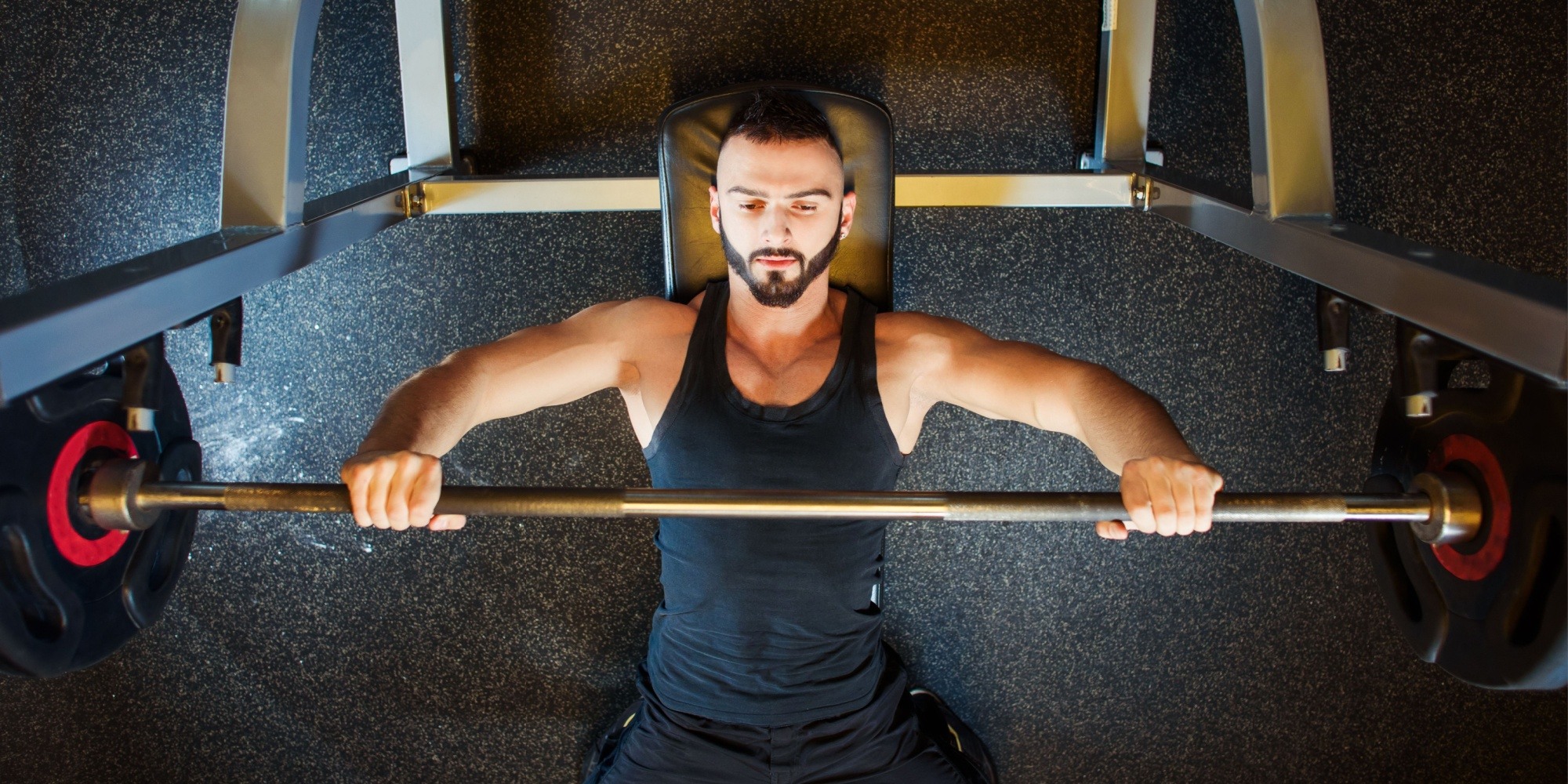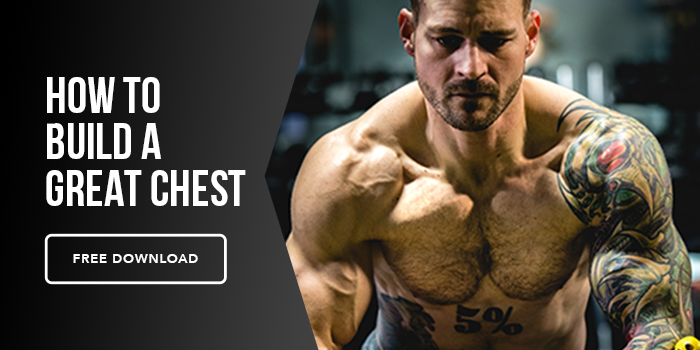The bench press is long seen as the staple exercise for wanting a big chest. Is it all it's cracked up to be, or are there better options? As with all things in life, there are pros and cons. Today I’d like to get into how good the bench press is for building your chest.
The reason the bench press is so coveted is the fact that it is a compound movement for the chest. That is, it not only hits the pectoralis muscle, but it also hits the shoulders and triceps. This allows you to stimulate more than one muscle and get more bang for your buck with just one exercise. It also allows for substantial loading, allowing you to progressively overload for a longer period than you might otherwise get with an isolation exercise. Within the bench, you can pivot to an incline or decline bench, giving it some variability while staying within its core function.
Cons
One thing to consider is the barbell being a straight bar, and the bench being fixed in most gyms, does not lend well to customization to all body types. Not everyone's biomechanics can perfectly suit the traditional bench press. Alternatively swapping out for a dumbbell bench press allows for better unique adjustment on elbow position and shoulder angle. This can help create a better bar path allowing the individual to more easily target the chest, versus over activating the shoulders. The barbell can also limit the range of motion one can achieve at the bottom, whereas the dumbbell variation allows for a greater range to address imbalances.
Variety
As mentioned before, while the bench press is a great exercise, there are more muscles than just the pectoralis major for the chest. Incorporating an incline movement allows for the inclusion of those upper pec fibers, while dips can target the lower and outer regions of the pec. You can also change the grip from a wider to a narrower position, which will change the way your chest is stimulated.
Another thing to consider is joint health. The limitation of a barbell may cause improper form which results in excessive loading on the shoulders or wrists. Proper technique is the main focus when doing any compound lift to make sure you are focusing on the intended muscle and not diverting energy elsewhere. This can help mitigate any excess wear and tear on the areas that should be otherwise healthy.
It is also good practice to switch out the bench press for cable flyes, or different angles to prevent plateaus. We can only increase the weight so much, for so many weeks before our progress stalls. This is usually an indicator that changing the exercise will help provide a new stimulus and challenge your stabilizing muscles, and chest in a new way. Including isolation work has its place in providing more volume in a more joint friendly manner to send the necessary stimulus that advanced trainees will need to elicit growth.






